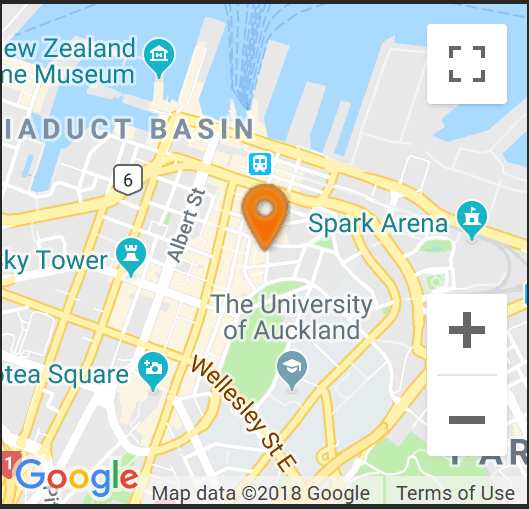| Press release: Shipping line container charges hit Kiwi consumers in the pocket |
| The following article has been released to the media: The Customs Brokers and Freight Forwarders Federation (CBAFF) is urging the government to lobby international shipping lines over container detention charges which are hitting Kiwi consumers in the pocket. Containers used to import goods into New Zealand are hired from shipping companies, with the contracts stipulating they must be returned, empty, to nominated storage facilities, contracted by the shippers, by an agreed date. However, due to the surge in consumer purchasing and ongoing issues with container ships docking and unloading in New Zealand, there are more empty containers on the ground than usual. “Freight forwarders and trucking companies trying to book to ‘dehire’ containers are finding there is no space at the storage facility they are required to return them to,” says CBAFF chief executive Rosemarie Dawson. “There is a process of booking, via an automated system, for trucks to drop off containers and our members are frequently finding there are no spare slots available for up to four to five days. During ‘normal’ times, bookings could be available within an hour of making an inquiry. “Some Shipping lines, irrespective of a company’s ability to dehire containers, are continuing to charge detention for businesses keeping their containers longer than they have been contracted for.” CBAFF has held meetings with the New Zealand representatives of the shipping lines but has been informed that in many cases decisions have to be made at regional/international level. It has now asked the Ministry of Transport to lobby shipping lines to provide a six month moratorium on detention invoices until the empty container situation is alleviated. “In the first instance, it’s generally the freight forwarder who has to pick up these costs,” says Ms Dawson. “One of our members was invoiced $8,800 in detention charges for a container. They will usually pass these costs on to their customer and, ultimately, those get passed on to the consumer. “Freight forwarders and trucking companies are doing everything they can to address this issue. Some have employed additional staff dedicated to trying to get dehire bookings. The place of dehire is specified for each container – so there is no ability to ‘shop around’ for space. “Container depot businesses are doing their best to accommodate as many containers as possible and to facilitate moving them, within capacity and health and safety guidelines. A further challenge is that returned import containers may not be of quality for use by New Zealand exporters as many require food-grade containers. Many of these will be sent overseas, empty, by the shipping lines when they have capacity to relocate them, rather than being ‘recycled’ for NZ export purposes.” During the first lockdown in 2020, shipping lines provided extended periods for returning containers as they could not be easily moved due to government requirements. “The shipping lines acknowledge these capacity issues will not be resolved for some months,” says Ms Dawson. “So it is only reasonable that they provide that same flexibility, when containers simply can’t be returned on time because there is no space at their own contracted depots.” |
Contact Us
Address
Level 7 Shortland Chambers,
70 Shortland Street, Auckland 1010
Office
NZ: 0800 338 838
AU: 1800 143 415
US: 1888 6257 833
UK: 0800 0285 834
Find Us

For best parking please use Chancery Carpark.
- Collinson & Co © 2020 All rights reserved
- TERMS & CONDITIONS
- Complaints Policy and Procedure
- Privacy Policy
